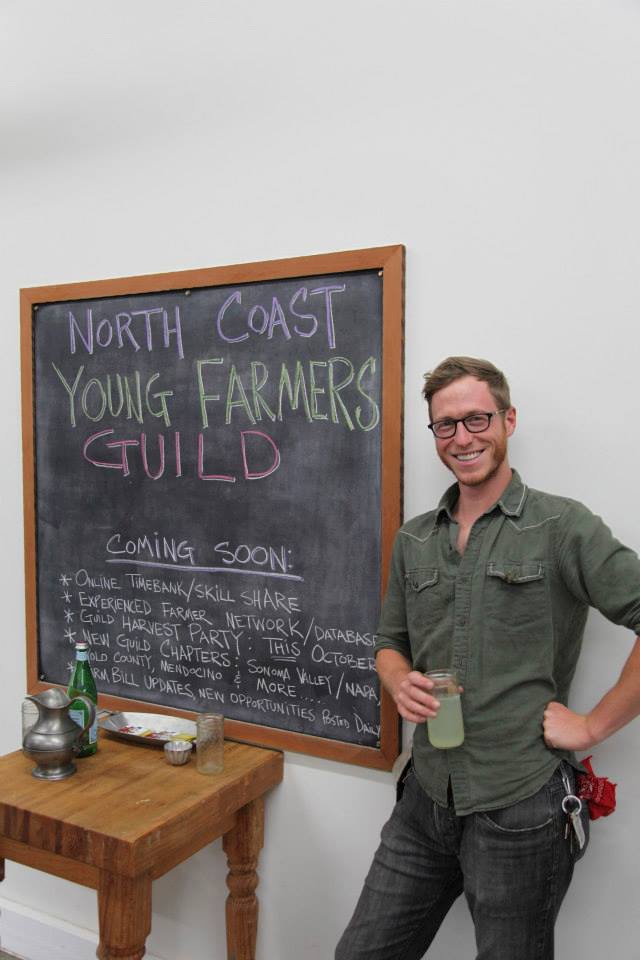With Marin Sun’s purchase of Rancho, a bad situation became a game-changer.
The scandal at Rancho Feeding Corp., the North Bay’s only USDA slaughterhouse, made national headlines earlier this year as some 9 million pounds of recalled beef circulated all over North America, even ending up in Jon Stewart’s Daily Show Hot Pocket.
This was particularly shocking for a region that prides itself as we do on pure, humane, and locally produced ingredients. Our food community woke up to how even the best-intentioned farmers and ranchers are beholden to larger, more complex, and often fragile systems.
After the USDA issued and then expanded its recall on all meats processed at Rancho Feeding Corp., the decades-old slaughterhouse voluntarily shut its doors as investigations ensued.
Much of Rancho’s business relied upon the slaughter of retired dairy cows from all over the state, leaving specific time slots open to smaller-scale local producers of beef and pork, many of whom make up the myriad of our region’s specialty meats: grass-fed, animal welfare-approved, rotationally-grazed, heirloom breeds, etc.
But when suspicions arose about the health of certain livestock (cancer of the eye, inspection officials now claim), even the most conscientious of our ranchers felt the blow, let alone the burden of having to explain themselves to loyal customers.
Marin County ranching pioneer Bill Niman was stuck with nearly a half a million dollars’ worth of meat he can’t sell and still isn’t sure if he can remain in business. And his outfit is only one of many. With Rancho closed, the only option left to many ranchers was trucking their livestock over 150 miles to the next closest USDA facility, jeopardizing those with hard-won Animal Welfare Approval, a label that seeks to curb excessive transport.
In the following weeks, local meat producer and purveyor David Evans of Marin Sun Farms stepped up with a bid to buy the processing facility, vowing to re-open as soon as possible while continuing to offer services for local ranchers of not only beef and pork, but also sheep and goats in the future. His facility opened April 7.
In the meantime, questions of food security abound for consumers, even for those patrons of farmers’ markets who take extra steps to befriend their local rancher. But the same questions of security lie also with producers. The economic repercussions of the shutdown threatened to put many family farms—already suffering from historic drought and this winter’s vicious frost—out of business. In the days after the recall, ranchers began reaching out not only to regulators and policy-makers, but to each other.
At feed stores and on email threads, ranchers from Marin to Mendocino called for action, sharing updates amongst themselves. Some even contemplated publicity stunts involving a dozen livestock trailers at rush hour with the hope of calling more attention to the issue. While no stunts unfolded and no coalitions formed in the wake of Rancho’s closure, new channels of dialogue did open up. However isolated a thousand acres of rangeland might be, many of these ranchers were reminded that they’re all in this together.
Hopes are high for the new ownership of Rancho, but we at the Farmers Guild hope that the dialogue spurred by the crisis remains open even in times of relative comfort.
The burgeoning local food movement proclaims, “Know your farmer!” We hope that this spirit extends to everyone: That farmers reach out to fellow farmers, ranchers to their local processor, regulators to young upstarts building their first herd of cattle. To assure the quality and health of our food, ourselves and our animals, it’s time for our farmers and ranchers to open up, band together, and stay connected.
—Evan Wiig, the Farmers Guild

